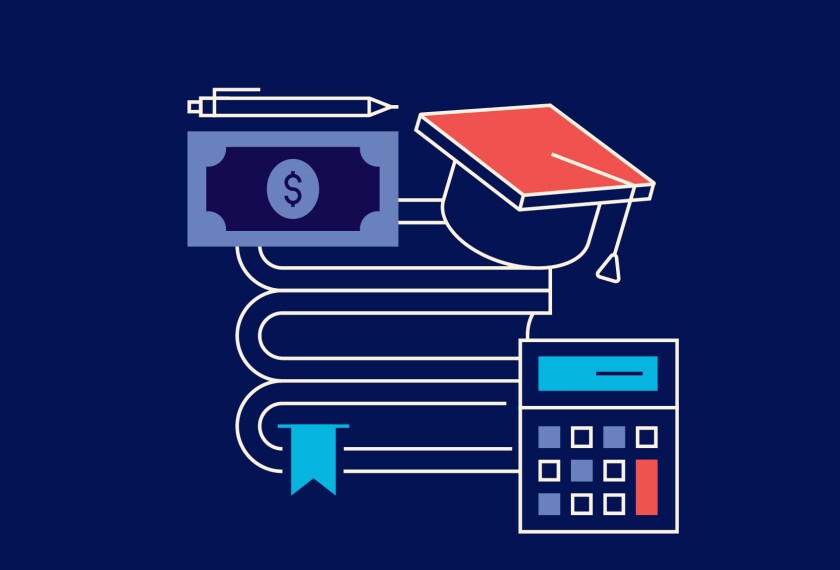The fate of what might be the nation’s largest online charter school was scheduled to rest in the hands of a Pennsylvania judge early this week.
Leaders of the 2,000-student Einstein Academy Charter School say a March 19 hearing over the state’s effort to block its funding could yield a judge’s ruling allowing their school to tap $3.5 million in state aid that it needs to stay in business.
“I don’t see any other way to do it,” said John R. Severs, the chief administrative officer of the Morrisville, Pa.-based school.
Pennsylvania’s department of education has withheld millions of dollars from the online charter school since it began investigating parents’ complaints in January. The parents alleged that the school did not provide the adequate Internet access, textbooks, and special education services it had promised, said Beth A. Gaydos, a spokeswoman for the department.
Mr. Severs admitted that the school has its problems, but said the state shares the blame for some of them. Start-up money didn’t arrive from the state until October, he said. As a result, the school wasn’t able to provide all its services and materials to students before then, he added.
The Einstein school was founded last year by two parents who—while caring for their terminally ill child—saw the need for online, easy-access education. The school serves students all across the state, but received its charter from the Morrisville school district, which has an enrollment less than half the size of Einstein’s.
While the Einstein staff had the technology know-how to open the school, it lacked the management experience or political skill to make it thrive, said Jim Hanak, who became the school’s chief executive officer only last week.
The state could have helped the Einstein school find its footing, Mr. Severs said, by providing start-up money earlier and helping the school work through its problems. Instead, the state education department bowed to lobbying from education groups that were critical of Einstein once some of its problems were made public, he said.
The school has received about $3.8 million in state money since last fall, and employs 38 full- and part-time teachers, Mr. Severs said. The school expected to tap another $3.5 million from the state, but funding has been on hold since the end of last year, he added.
In the most recent blow to the school, its Internet service provider, Digital Freedom of Scranton, cut off service on March 8 because Einstein hadn’t paid an $80,000 bill for months of online services, said Brad Stevens, the president of the company. But, thanks to a “deluge” of offers from other providers to step in until the court decides the case, Mr. Severs said Einstein was continuing to deliver courses late last week.
State Oversight
Whether or not the school survives, its financial problems have prompted Pennsylvania Secretary of Education Charles B. Zogby to call for stricter state oversight of so-called cyber schools as the movement continues to grow
“Thousands of Pennsylvania parents already have embraced cyber charter schools as an exciting and viable education alternative,” Mr. Zogby testified last month before the state Senate education committee. “Yet, as with any new initiative, there are ways to strengthen cyber schools to make them better.”
But better oversight of cyber schools is different from regulation of charter schools, Ms. Gaydos said. The state supports charter schools, but it’s the upstart technology-based form of charter school that presents new oversight challenges.
Regardless of what happens to the Einstein school, Mr. Severs said the cyber schools movement will only continue to grow. “They’ve let the genie out of the box,” he said. “They’re not going to be able to put it back in.”




